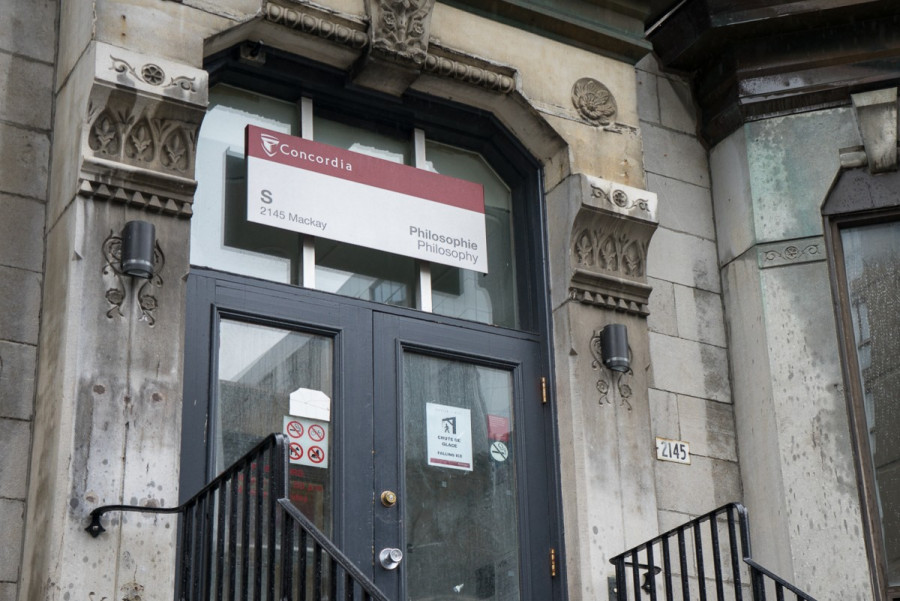Philosophy Department Responds Following Sexual Misconduct Complaints
Details of the Complaints Not Yet Disclosed
Wednesday morning a statement was sent to students to address recent complaints of sexual misconduct and inappropriate behaviour in the Philosophy department.
The statement doesn’t specify whether an investigation has been launched, saying only that “the university cannot comment on specific allegations or investigations” and that it will “continue to address concerns that have been raised by individuals who have come forward.” It also does not say how many complaints have been made.
“For reasons of respect and confidentiality, we can’t provide any details” said University Spokesperson Mary-Jo Barr. “We’re not telling you there’s an investigation, we’re not telling you there’s not an investigation, we’re saying we can’t talk about it.”
“We’re bound by confidentiality,” she continued. “We can’t clarify if there are zero complaints or if there are more than that.”
The statement, sent by Provost and Vice President of Academic Affairs Graham Carr, also said that new training will be put in place for faculty and staff in the department to address students’ concerns.
On March 18, a former student in the department went public about a complaint made against Concordia with the Quebec Human Rights Commission, claiming the department has not adequately addressed sexual harassment she experienced from a professor in 2009, which she argued violated of her right to equality in her education.
It remains uncertain whether the same professor is still teaching in the program, though a statement sent to The Link shortly after the case was made public by the Graduate Philosophy Students’ Association alluded to the possibility, saying they, “demand the suspension of classes currently held by the professor in question.”
The graduate and undergraduate associations that represent philosophy students could not be reached for comment since then.
In the statement, Crarr wrote that multiple meetings have been held within the department to discuss complaints, and said these meetings were attended by Department Chair Matthias Fritsch, faculty members, the department’s undergraduate and graduate student associations, and administrative staff.
Alya, the same woman who made complaints to the Quebec Human Rights Commision, has made complaints about Fritsch, who was chair while she tried to file complaints with the Office of Rights and Responsibilities.
At the time, she said that Fritsch told her her complaint couldn’t be addressed since it was too late to file a complaint, and initially told her changes could not be made for her poor grades, which she said resulted from trauma.
Previous requests from The Link to meet with the chair of the department, assistant chairs, and program directors in late-March were declined.
At the time, Barr said the university couldn’t comment on any case before an external tribunal, and so couldn’t provide any details about the complaints of any past of current students, faculty or staff in the department.
“We continue to look for ways to improve how we handle allegations of misconduct. This is something we are currently examining through our Task Force into Sexual Misconduct and Sexual Violence, which was announced in January and recently got underway,” Barr said then, while mentioning the task force will release a report this spring.





_600_375_90_s_c1.jpg)
_600_375_90_s_c1.jpg)
_600_375_90_s_c1.jpg)